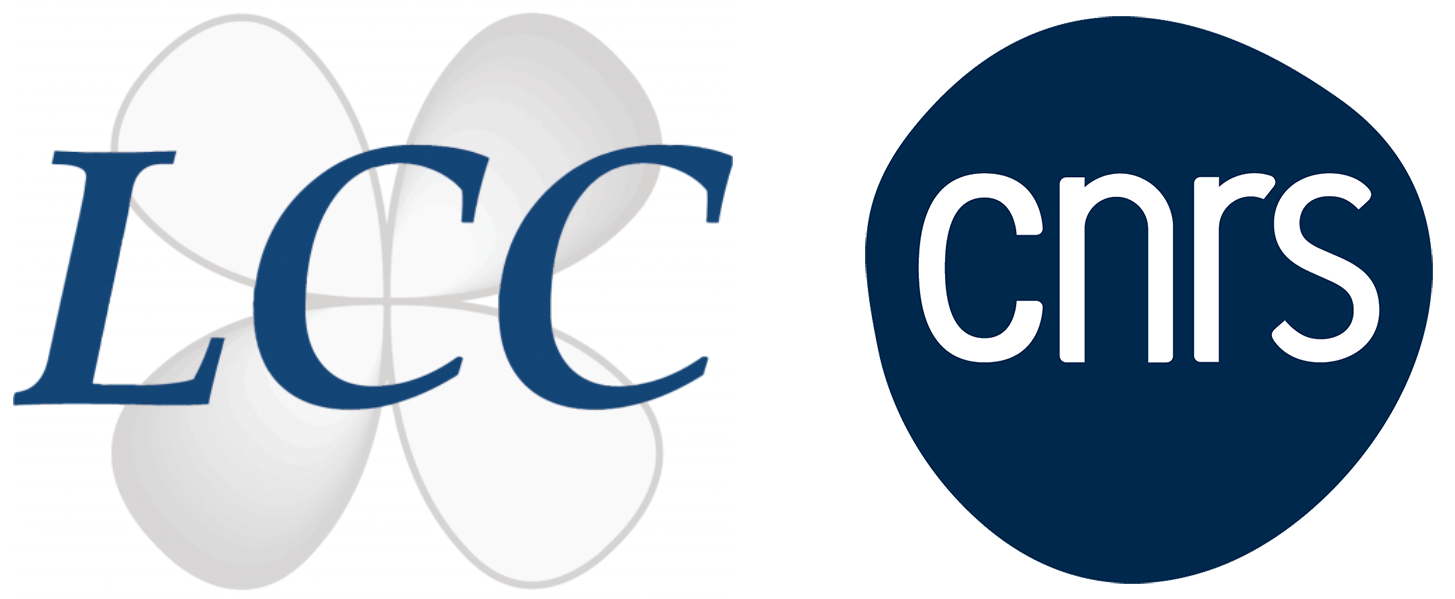LCC
Phosphorus dendrimers
Since 1993, the team has developed a recognized expertise in the synthesis of phosphorus dendritic architectures. The diversity and richness of phosphorus chemistry enable the design of dendrimer, dendron, or Janus dendrimer macromolecules, characterized by perfectly defined structures and original physicochemical properties. The applications of these objects are explored in various fields, notably catalysis, materials, and health.
Dendrimers and Catalysis
Phosphorus dendrimers functionalized with transition metal complexes at their periphery, core, or within the branches are investigated as catalysts for various types of reactions. The use of dendritic catalysts offers several advantages, including facilitated recovery and recycling, and, in some cases, a positive dendritic effect, resulting in improved catalytic activity with increasing dendrimer size. The possibility of designing bifunctional dendrimers also paves the way for their use in tandem catalysis. Furthermore, the use of phosphorus dendrimer-based catalysts in organocatalysis, phase-transfer catalysis, and catalysis in unconventional media is also investigated.
Dendrimers and Materials
The team develops materials integrating phosphorus dendrimers, such as nanostructured hybrid materials or materials functionalized on their surface with dendrimers. Sensors, nanotubes, and DNA chips with improved-performance have been obtained. The incorporation of phosphorus dendrimers bearing donor and/or acceptor chromophores at their periphery into photovoltaic cells is also being explored.
Dendrimers and Health
The team develops phosphorus dendrimers and dendrons specifically functionalized to endow them with biological properties, or designed to encapsulate biologically active molecules within their cavities. Among the targeted activities are anticancer, anti-infectious, and anti-inflammatory properties, the latter being studied by the start-up IMD-Pharma. The development of dendrimers as fluorescent probes or for applications in two-photon absorption-induced phototherapy are also part of the research directions being pursued.
LCC
Laboratoire de chimie de coordination du CNRS
205 route de Narbonne, BP 44099
31077 Toulouse cedex 4
France




